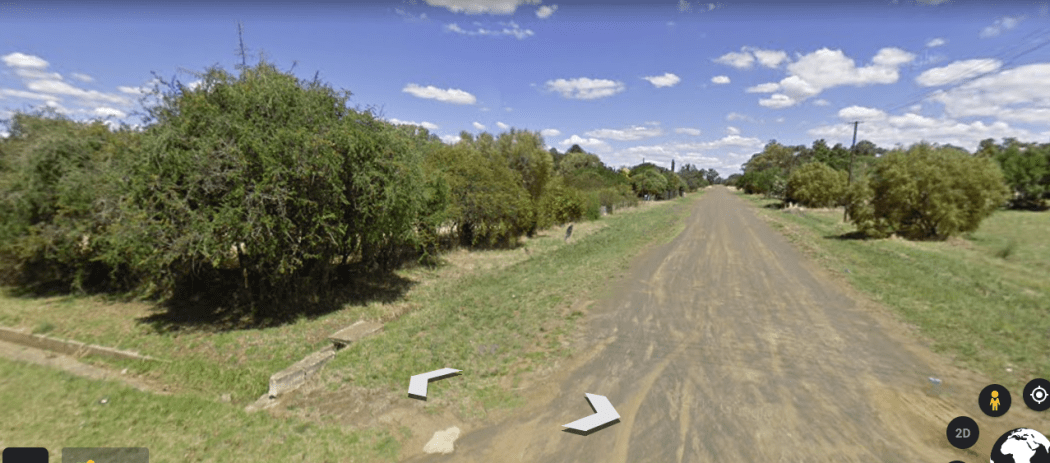
Corporal Cobbs rode into the camp, his mare lathered by the hard going.
Sergeant Collinsworth stood to unlatch the gate. He nodded as Cobbs led in the long column of prisoners, the other men of the platoon riding alongside the ragged group like drovers, calling out to keep them moving.
Cobbs dismounted and limped over. “I counted sixty-five of ’em, Sergeant,” he said. “But probably a good idea to count ’em again. Might’ve left a few back there.”
“Escaped?” asked Collinsworth.
Cobbs grinned. “Doubt any of these buggers have the spirit. More likely slipped off the trail to have a kip. Or die, maybe.”
The sergeant surveyed the prisoners. He judged them the sorriest lot yet. Dirty dresses on the women, threadbare coats on the old men. Some of the children had no shoes. No young men at all.
“Bloody hell,” he said, scratching his head. “Where are we going to put them all?”
During the Second Boer War (1899-1902) thousands of Boer farms were destroyed by the British under their “Scorched Earth” policy. This included the systematic destruction of crops and the slaughtering of livestock, the burning down of homesteads and farms, and the destruction or confiscation of all foodstuffs. The purpose was to prevent the Boer Commando forces from resupplying from a home base.
During this period, tens of thousands of women and children were forcibly moved into concentration camps, the first time in history that an entire nation was systematically targeted for total depopulation. Eventually, there were a total of 45 tented camps built for Boer internees and 64 for black Africans.
It almost goes without saying that the camps were poorly administered, all the more as they became increasingly overcrowded after Kitchener’s troops implemented the internment strategy on a vast scale. Conditions were terrible for the health of the internees, mainly due to neglect, poor hygiene, and bad sanitation. Thousands died of starvation and disease.
Photos of these prisoners are virtually indistinguishable from those of Nazi atrocities forty years later.

Ah, Kitchener (and his like) are still held up as heroes by the Empire. Unfortunately, many today still view those colonial soldiers as heroes – hence the ridiculous ‘Brexit’ farce and good Ol’ Blighty mentality. Saddening. Good story.
Oh, Iain don’t get me started on the ridiculous notion of putting the ‘Great back into Britain’. Farcical, blinkered, out of touch, unrealistic, unattainable and undesirable. As if Empires are a good idea anyway – the very notion of an empire, is that you’ve expanded into territory which doesn’t belong to you. An invading force. Surely, people don’t think that’s a good idea anymore? Anyway, I said don’t get me started and I went and started! :)
The end of January is going to be a very sad day. But don’t worry, Big Ben will bong, so that will solve all the issues… :-(
Ha! I know, ridiculous. And the idea of throwing a big Brexit party after the fact, ignoring the fact half of us didn’t vote for it in the first place. Mind you, the country voted the Tories back in – we only have ourselves to blame. (Not Bristol, I hasten too add, which remains Labour!)
Yes, the world has the English to thank for the idea of concentration camps. What shameful ‘gift’ to the globe that was. Well realised, horrifying snippet of history
One of many shameful episodes perpetrated by the British Empire. You make the soldiers appropriately callous, and your title is very apt.
The disrespect for human life never ceases to amaze me. You captured that so well in your dialogue and the simple description of the captives.
Colonialism isn’t heroism.
:(
Thank you for this important contribution to the telling of history.
Some interesting comments there. Was there ever a war when civilians caught in it hadn’t the saddest plight? I blame the Romans
Referring to them as drovers is too awfully perfect. You provide another excellent example of how the horrific atrocities humans commit against one another can be so mundane in their particulars. And so universal. Step one: treat the “other” as no better than animals. The remaining steps then become obvious.